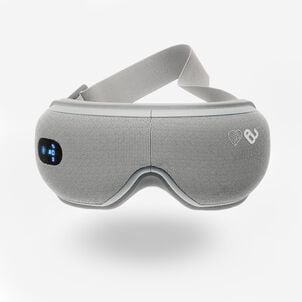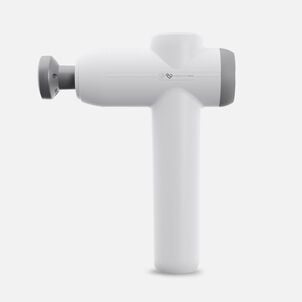HSA Headlines - How HSAs can impact bigger insurance decisions

In the middle of July, most people are thinking about their next beach trip or weekend destination, but for those true heroes working in human resources, mid-July is their time to begin prepping open enrollment info to help you and everyone you work with find the ideal benefits for 2020.
So this week, we'll take a closer look at some key topics you should be thinking about heading into open enrollment, whether you're an HSA user or someone on the fence about enrolling.
Think twice before buying private dental insurance - Donna Rosato, Consumer Reports
Not all benefits packages are created equal, and if your company doesn't offer a dental plan or if you're self-employed, there's a wide world of dental plans out there to shop for. But, only 1 in 4 Americans have dental insurance, and many have found a way around these expenses through consumer-directed health care accounts. Dental insurance works much like traditional health insurance, with typically 100% of preventive care like regular cleanings, but many people choose to opt out of it to save money.
If you are enrolled in a high-deductible health plan (HDHP) with an HSA, your tax-advantaged funds will cover a huge range of dental services, such as regular cleanings and dental surgery, as long as the reason for these procedures is not cosmetic in nature. HSAs can be a great option for those who wish to pay as they go for dental expenses, or to save up an emergency fund for dental emergencies. So if you're skipping dental enrollment this year or have been shopping around, an HSA is a great alternative.
Can I take an HSA withdrawal for non-medical reasons?" - Maurie Backman, The Motley Fool
Finally this week, The Motley Fool covered what is perhaps the greatest benefit of an HSA: the ability to withdraw those funds for non-medical expenses (once you've reached age 65). HSAs already provide a triple-tax benefit for qualifying medical expenses (no taxes on qualifying withdrawals, or interest earned and contributions are tax-deductible), but if you use these funds for non-medical reasons before age 65, you'll incur a 20% tax penalty on that amount.
After age 65, that penalty is waived, and you can continue to cover health expenses tax-free, while also being able to withdraw funds for any reason. Non-medical expenses are simply taxed as income. So as you approach retirement years, keep these tax penalties in mind. If you need to dip into your 401(k) or IRA, their 10% penalty may be a better option than raiding your HSA at twenty.
--
HSA Headlines is a weekly roundup of the latest, most relevant news and conversations about your health savings. It appears every Friday, exclusively on the HSA Learning Center. And for more about your physical and financial well-being, be sure to follow us on Facebook and Twitter.


.png)
















